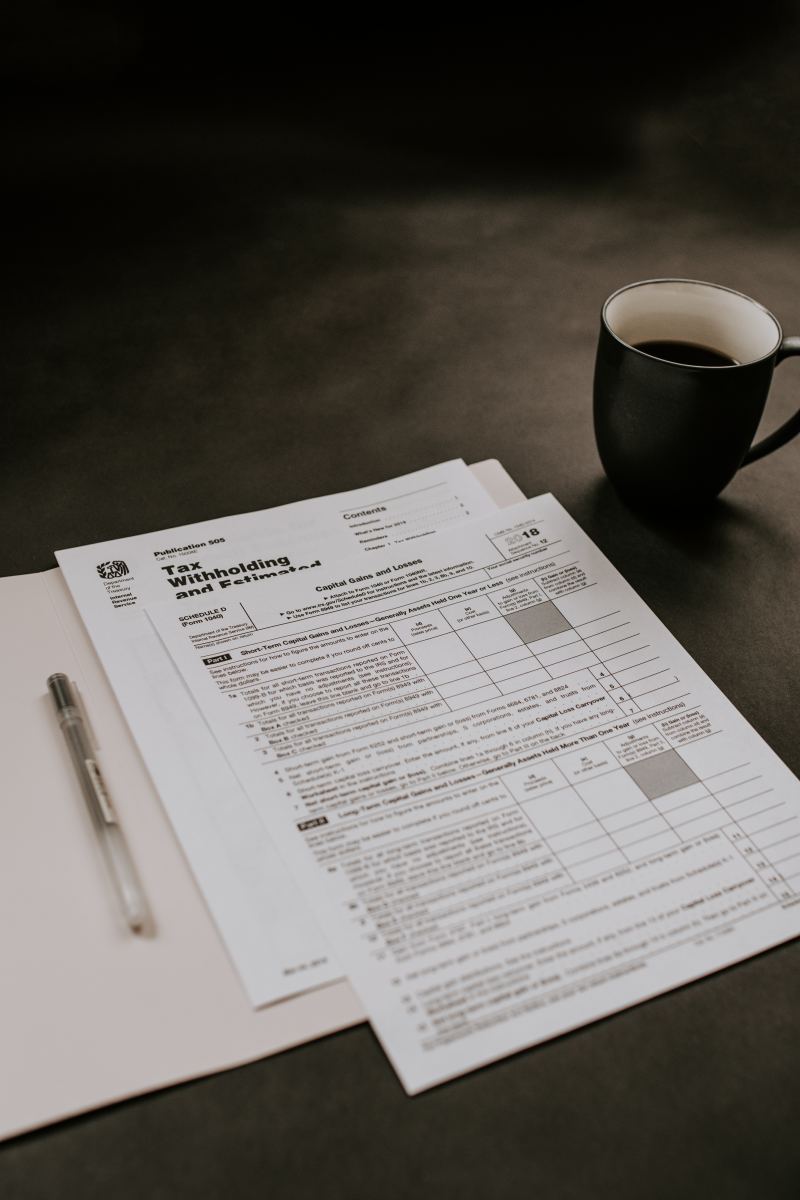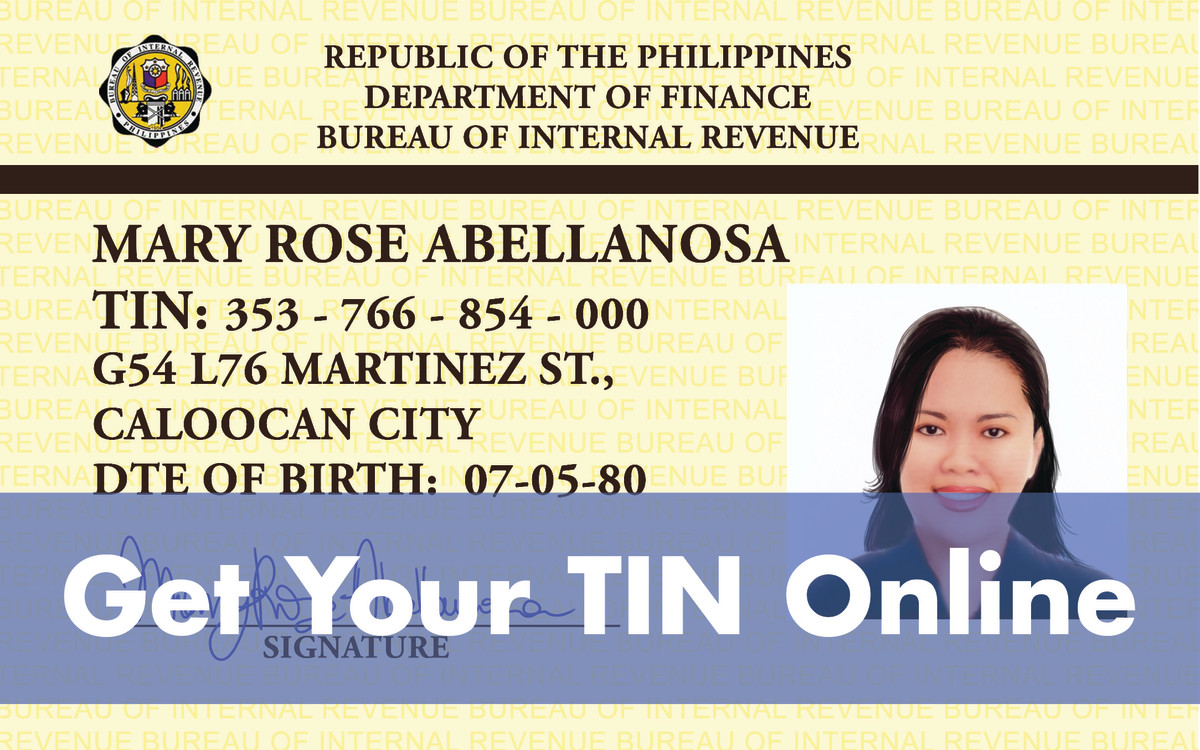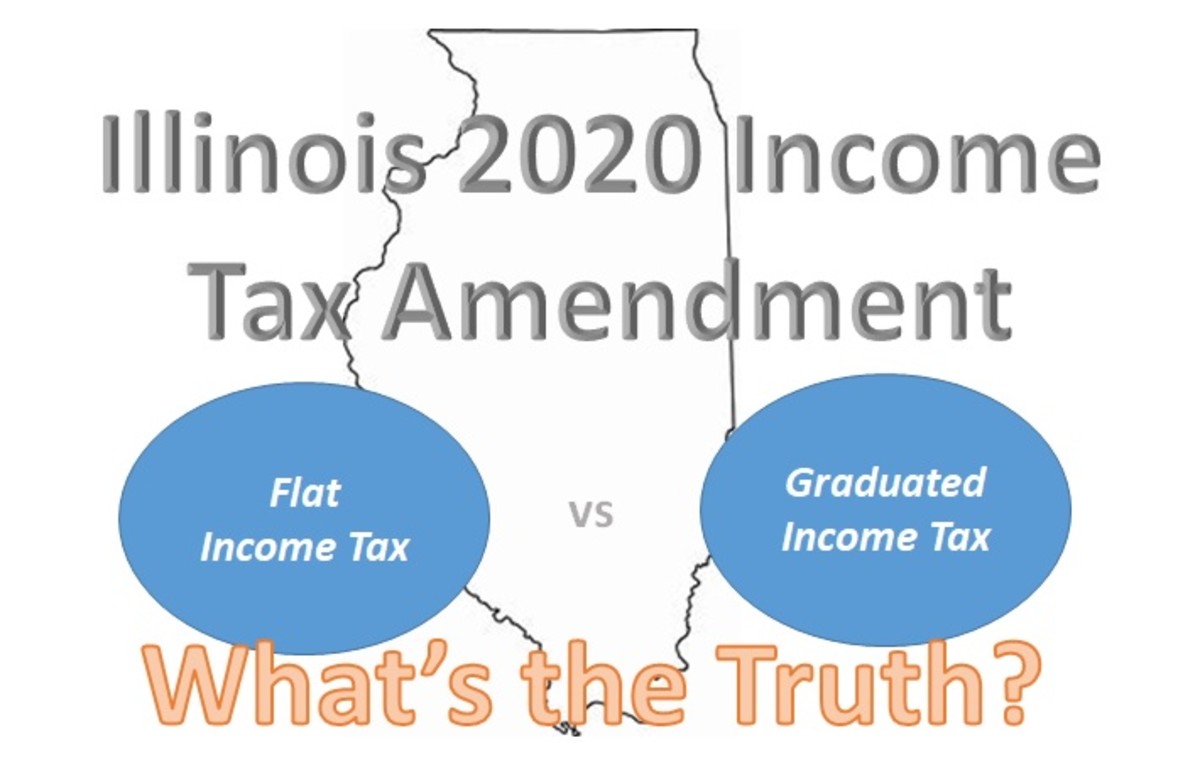- HubPages»
- Personal Finance»
- Tax & Taxes»
- Tax Advice
Finance Tips For Senior Citizens: What Deductible Tax Expenses For Seniors You Can Claim

Deductible Tax Expenses for Seniors
Before we know it, April 15th will be knocking on the door and that wonderful time of year upon us again......yuck.....TAX TIME!
Is there any more dreaded time of year? Doesn't it just send you into a frenzy knowing that you'll have to sit down and try and outsmart Uncle Sam yet again?
It gripes me to try and eke out a few measly dollars that we can hope to get back in the form of a return or that we can avoid paying.
As we approach the senior years of our life, it irks me even more!
Let's look at some tax tips that might help you in the coming year to get the most bang for your buck when it comes to tax time. After all, we aren't working for our health now are we?

Best Tax Deductions for Seniors
Some of the best tax deductions that are out there for seniors:
- Home and hearth. If you sell your house because you don't want such a large home anymore or you want to move to a retirement community let's say, you don't have to worry that you're going to be clobbered for selling your home and have to pay capital gains taxes on your profit. If you have lived in your home for at least 2 out of 5 years before you sell your home, up to $250,000 for single taxpayers and up to $500,000 for married taxpayers who file jointly cannot be touched by taxes! Yippee!!
- Doctor, doctor. Medical expenses can
be the straw that broke the proverbial camel's back when it comes to senior
income. Without health insurance, you
can find yourself in debt over your head.
There is hope, however, if you incur a lot of expenses during a
particular calendar year. Just be sure
and always keep track and itemize everything you spend money on like:
- Health insurance payments (including Medicare)
- Any policies for long-term care
- Cancer insurance
- Prescription drugs
- Dental care paid out of pocket
- Home health care or nursing home care
- Traveling to and from medical appointments, lodging and meals for same
- Durable medical equipment.
- You have to file under Schedule A to claim medical deductions and they have to exceed 7.5% of your adjusted gross income but all these things are deductible.
- It pays to invest. Fees that you
generate for any investment advice or accounting services are deductible along
with other personal itemized deductions if the sum total is more than 2% of
your adjusted gross income. Interest,
dividends and capital gains from investments are taxed at 15% but are not
subject to Medicare or Social Security taxation.
You can deduct online services for investment purposes like:- Attorney fees
- Safety deposit box fees
- Investment magazine or newsletter subscriptions
- Accounting fees
- Home computers (if used for investment purposes)
- Financial planning fees
- Fees paid to lending institutions for collection of your investment monies or dividends
- Standard deductions. Some seniors do not itemize on their tax return and in that case, people over 65 get a higher standard deduction. The joys of being older! If you're a single senior citizen, you'll get $1450 and $1150 you file jointly.
- Paying yourself. Contributing to
retirement programs such as IRAs, 401(k)s and Roth IRAs can get you a hefty
deduction. Just check on the amounts
that you can legally pay in and deduct dependent upon age because it changes from year to year.
In terms of contributing to a Roth IRA, you pay taxes when it goes in but you don't when you withdraw it. If you are self-employed and have a business, you can set up SEP-IRAs, Keoghs, 401(k) solo plans or simple IRAs. If you're retired, you can contribute higher amounts after age 55.
- Be charitable. You may itemize
charitable contributions and you can give up to 50% of your adjusted gross
income as a write-off. (If you decide to
do this, please contact me....okay not really). Property is
handled on a slightly different basis and has to do with the claimed value,
gross proceeds, etc. You can deduct
the fair market value of whatever is donated.
- It's none of your business. Actually
it is. If you have your own business,
which many senior citizens do, or even if you're starting a business, many
expenses are claimable. Keep track of
everything you buy or rent such as computers or machines. Travel expenses and other expenses that are
part and parcel of doing business can be itemized and deducted.
Depending on how your business is structured, there are many different tax benefits such as utility bills, part of your mortgage that would be deductible, etc. Check with the IRS or your accountant for more information. - Going green. If you had major expenses over the tax year such as replacing a roof, a water heater, or even upgrading your air conditioner, check out whether the appliances or the upgrades were energy-efficient. You can be eligible for tax credits or tax deductions.
What's the difference between a tax credit and a tax deduction? A lot! Actually tax credits are more beneficial as they give you a dollar per dollar amount right off your taxes whereas a deduction can give you only a portion off your taxes. So a $100 tax credit is much better than a $100 outlay that only yields you a $10 deduction! Especially in the coming years as we try to become a greener globally, there will be more and more tax benefits for upgrading to energy efficient roofs, water systems, heating systems and air conditioners.
There are also many tax credits available for things as tiny as changing out your light bulbs to replacing windows to installing a windmill on your property (which you can then sell the energy back to the government to use and make money).
Check out sources like usa.gov, energystar.gov and irs.gov for more information or call your local power company and find out what's available in your area for tax credits.

Deductible Tax Expenses for Seniors
These are just some of the deductions available for senior citizens.
When it comes to paying the piper at tax time, we all want to maximize our deductions and minimize our liability.
Attending tax seminars for the elderly or contacting AARP can be of tremendous help in giving you pointers on how to optimize your monies and pay less tax.
Check out AARP's free tax advice on line or give them a call. They can't tell you perhaps what investments will yield you the most consistent income, but they can tell you ways to save money and reduce your tax liability.
If you have more ideas to contribute to this hub, please feel free to enrich the hub by leaving your suggestions!











